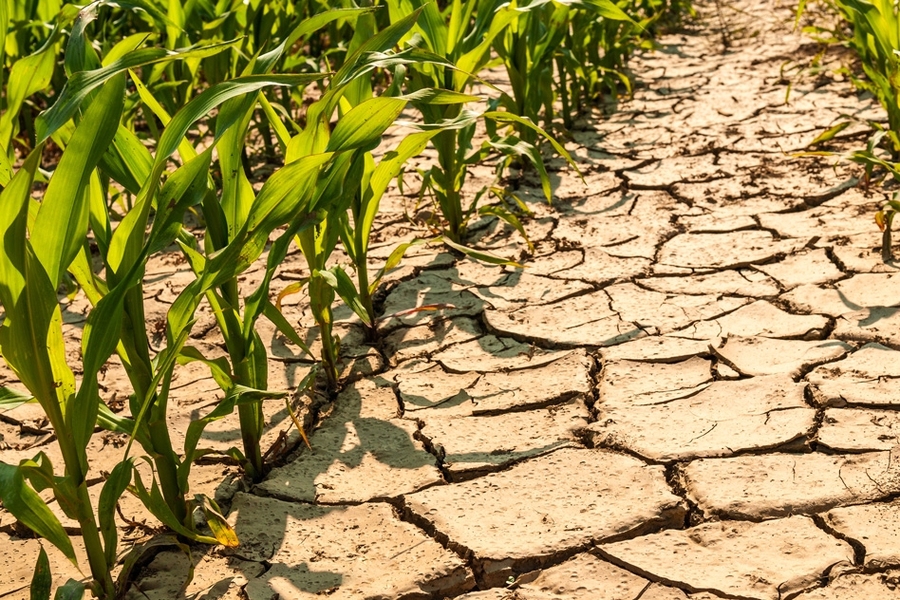The federal government is convinced that for the country to effectively address the problem of food insecurity a concerted effort is needed to deal with the impact of climate change on agriculture. that is why it is preaching the priority should be given to soil health and the practice of climate-smart farming. This is because the government believes that it is the best way to achieve food and nutrition security.
That was the message of Mr. Aliyu Abdullahi, minister of state in the ministry of agriculture and food security at the 48th Annual Conference of Soil Science Society of Nigeria (SSSN) with the theme, “Soil Health and Climate-Smart Agriculture for Resilient Food Security System” held at the National Centre for Women Development, in Abuja.
The minister said that soil health and climate-smart agriculture is crucial for the establishment of a resilient food security system he said that while soil health is needed for the foundation of sustainable agriculture, climate-smart agriculture is essential for adapting to climate change.
He told his audience that “Addressing soil degradation and climate change is a fundamental challenge for sustainable agriculture.” And according to him, it has been proved that Climate change poses an even greater challenge to our arable land. He said this is not lost on President Bola Ahmed Tinubu, GCFR, as indicated in his speech at the 78th United Nations General Assembly (UNGA).
He quoted the president as saying, “Northern Nigeria is hounded by desert encroachment on once arable land. Our south is pounded by the rising tide of coastal flooding and erosion. In the middle, the rainy season brings floods that kill and displace multitudes.
“These solutions include climate-smart practices such as conservation tillage and cover cropping, agroforestry and reforestation, the cultivation of climate-resilient crops and livestock, integrated pest management and nutrient management”.
The Minister emphasised that all these challenges require not just a change in tactics and approach but also an injection of new knowledge, innovations, skills, techniques, technology, and value orientation. Outlining plans to address the situation, Abdullahi revealed that the ministry is currently promoting the Nigeria Farmers’ Soil Health Card Scheme (NFSHCS) as a key priority and significant intervention for sustainable Agriculture.
The NFSHCS, the minister assured, would achieve improved soil health and fertility, increased agricultural productivity and resilience, enhanced food security and nutrition, reduced greenhouse gas emissions and carbon sequestration, and improved livelihoods and income for small-scale farmers, amongst others.
He, therefore, called for a strong collaboration and synergy that would support the success of the initiative noting that “together, we have the power to create a resilient food security system that would benefit everyone”, in a statement signed by the Chief Information Officer FMAFS Eremah Anthonia.
In his opening remarks, the Director Agricultural Land and Climate Change Management Services Department, Mr. Olanipekun Oshadiya assured that the conference would bring together relevant stakeholders to highlight the crucial role of soil health in stimulating sustainable pro-poor productivity growth in the agricultural sector and to agree on some Soil Health Initiatives












